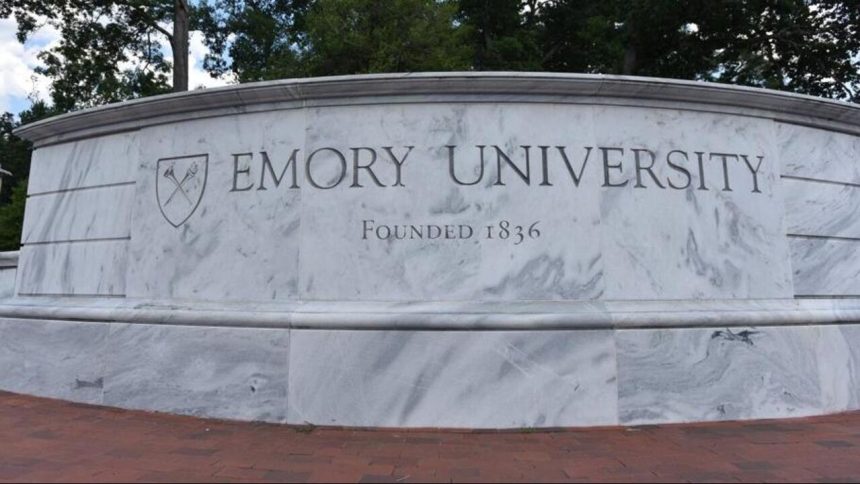Emory University is a private research institution in Atlanta, Georgia, known for its rigorous academics, diverse student body, and strong ties to global health initiatives. But is it a “Black university”? The answer isn’t straightforward. While Emory isn’t classified as a Historically Black College or University (HBCU), it has made significant strides in promoting racial diversity and inclusion. The university’s student population is about 12.7% Black or African American, with additional representation from Hispanic, Asian, and international communities. Emory’s history includes pivotal moments in civil rights, such as becoming one of the first Southern universities to integrate voluntarily in 1962 and establishing an early African American studies program in 1971.
The question of Emory’s identity often arises because of its location in Atlanta, a city with a rich Black cultural and educational legacy. While it doesn’t carry the HBCU label, Emory has actively worked to support Black students through scholarships, mentorship programs, and initiatives like the John Lewis Chair in Civil Rights and Social Justice. The university’s alumni include prominent Black leaders, such as Marvin S. Arrington Sr., its first full-time African American student, and civil rights activist John Lewis, who received an honorary degree. So, while Emory isn’t a Black university in the traditional sense, it’s a place where Black students, faculty, and history have played—and continue to play—a vital role.
You Might Like: Jim Lovell’s Family: Meet His Wife, Marilyn Lovell, and 4 Kids
The 2025 Emory University Shooting: What Happened?
On August 8, 2025, Emory’s Atlanta campus was thrust into chaos when an active shooter opened fire near Emory Point, a mixed-use development close to the university and the Centers for Disease Control and Prevention (CDC). The university issued urgent alerts telling students and staff to “RUN, HIDE, FIGHT” as law enforcement rushed to the scene. The shooter targeted a CVS store, leaving bullet holes in nearby buildings, including the CDC’s headquarters, which went into lockdown. A DeKalb County police officer was injured and transported to Emory University Hospital, while the shooter was later confirmed dead.
Active shooter reported at Emory University, as students are urged to ‘RUN. HIDE. FIGHT.’ https://t.co/3Su9vciQwr pic.twitter.com/QyWn52Q36t
— New York Post (@nypost) August 8, 2025
The incident sent shockwaves through the community, coming just days after another shooting in Georgia. Governor Brian Kemp denounced the violence, praising first responders for their bravery. Students and employees described a terrifying scene, with some sheltering in place for hours as helicopters circled overhead. The FBI joined the investigation, though details about the shooter’s motive remained unclear. For many, the tragedy underlined ongoing concerns about gun violence and campus safety, particularly in a city already grappling with crime.
Emory’s Response and the Bigger Picture
Breaking right now..
There is a large police presence on the campus of Emory University in Atlanta, near the main campus of the Centers for Disease Control and Prevention…as multiple shots have been fired..on complete lockdown as police swarm in..🙏🙏
— Chris from Massachusetts AKA TommyboyTrader (@autumnsdad1) August 8, 2025
In the aftermath, Emory’s administration emphasized its commitment to safety, pointing to its emergency alert systems and partnerships with local law enforcement. The university’s proximity to the CDC, a site of national significance, added another layer of complexity to the response. Meanwhile, conversations about race, gun control, and mental health resurfaced, with some drawing parallels to past incidents of violence targeting educational spaces.
Also See: Kelly Clarkson Net Worth 2025: Inside Her $50M Fortune
Emory’s identity as a predominantly white institution with a growing minority presence continues to evolve. The shooting, while unrelated to racial tensions, highlighted the university’s role in a city where disparities in safety and opportunity often fall along racial lines. For now, the community is focused on healing, but the questions about Emory’s place in Atlanta’s racial and social landscape remain as relevant as ever.



